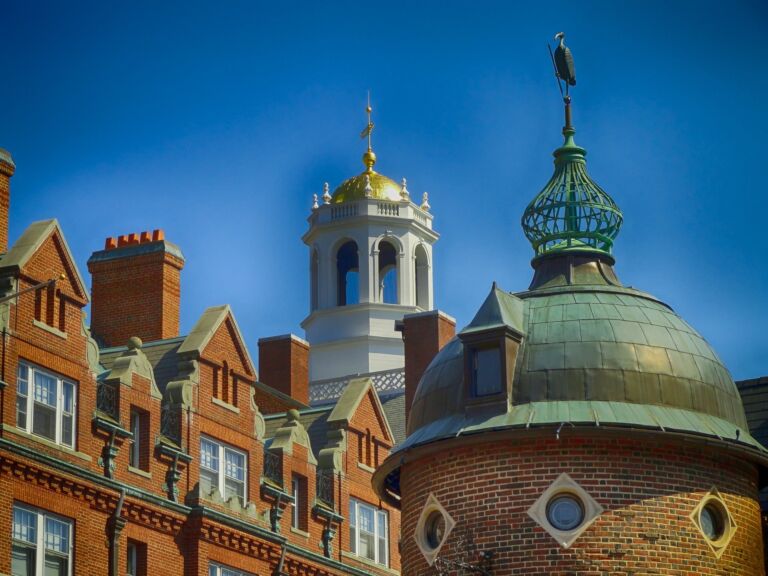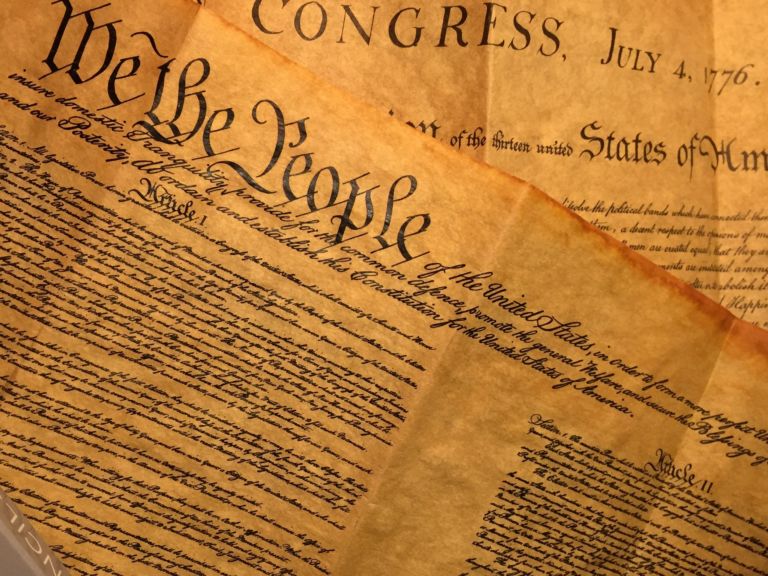Caroline Downey writes for National Review Online about a significant decision from one of America’s most prestigious universities.
Roiled by scandals of antisemitism on campus, anti-Israel protests, and former president Claudine Gay’s ouster over plagiarism in her past scholarship, Harvard decided Tuesday it will stop making official public political statements.
The announcement followed a report generated by an “Institutional Voice Working Group,” formed by interim president Alan Garber. Overseen by interim Harvard Provost John F. Manning, the group was created to investigate whether the university should publicly wade into politics, likely prompted by the backlash to its morally lukewarm stance after Hamas invaded Israel on October 7. Gay resigned after she was exposed for repeated incidents of plagiarism in her academic work and after she was grilled in a congressional hearing by GOP lawmakers on Harvard and other elite colleges’ mismanagement of campus Jew-hatred.
“There will be close cases where reasonable people disagree about whether a given issue is or is not directly related to the core function of the university,” the report stated. “The university’s policy in those situations should be to err on the side of avoiding official statements.”
The new policy against issuing public political statements will apply to administrators and governing board members, as well as deans, department chairs, and faculty councils, according to the working group.
“In recent months and years, we have heard clearly that many in our community feel constrained in their ability to express their views on critically important questions,” Garber and Manning wrote in a joint email reported by the Harvard Crimson. “More and more members of our community have also asked whether and when the University should use its official voice to address matters of social and political significance.”
Co-chair of the working group and Harvard Law School professor Noah Feldman told the student publication that the report espouses the idea that the school is committed to a principle of political neutrality while encouraging open debate, discourse, and truth-seeking.

